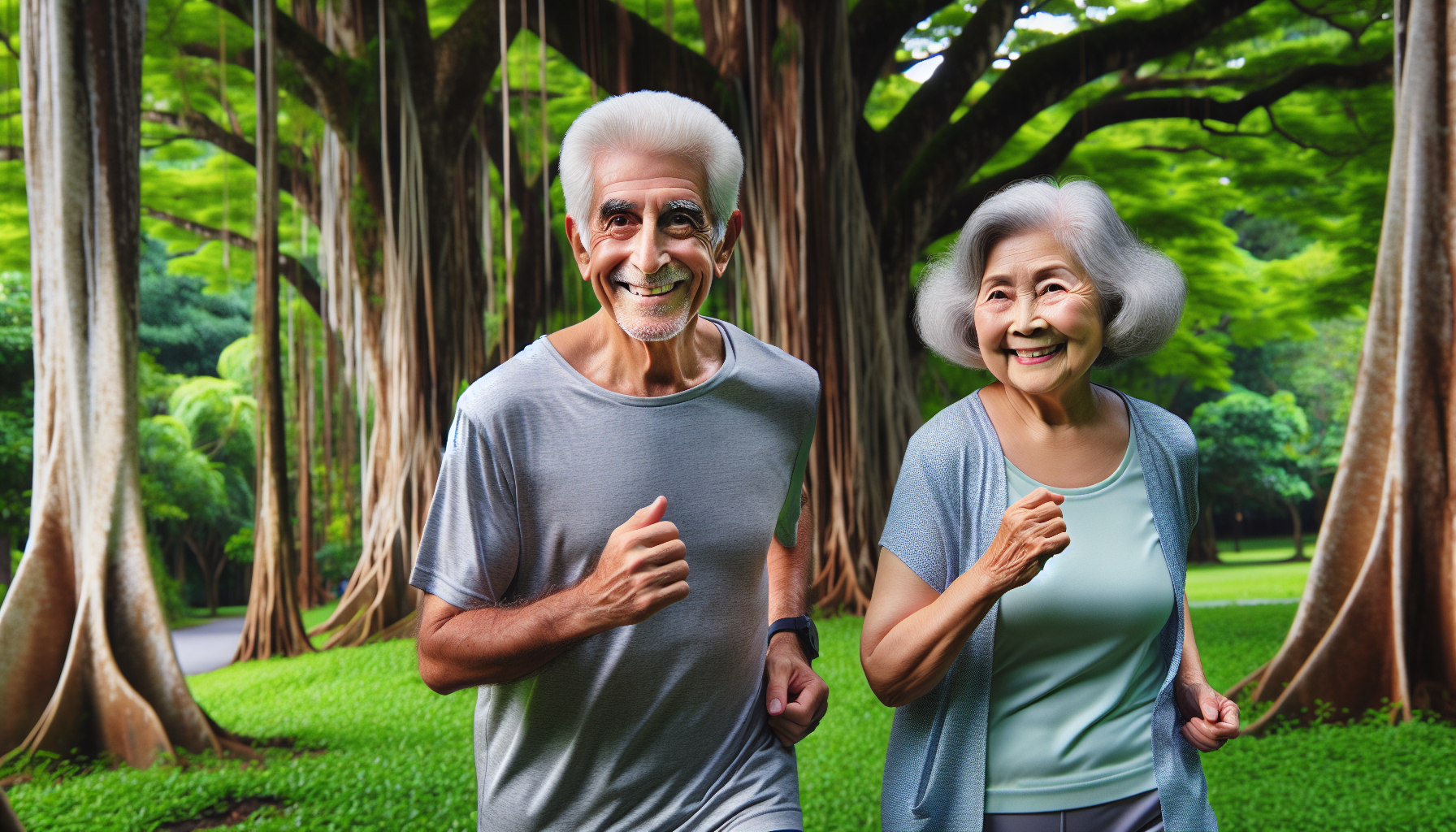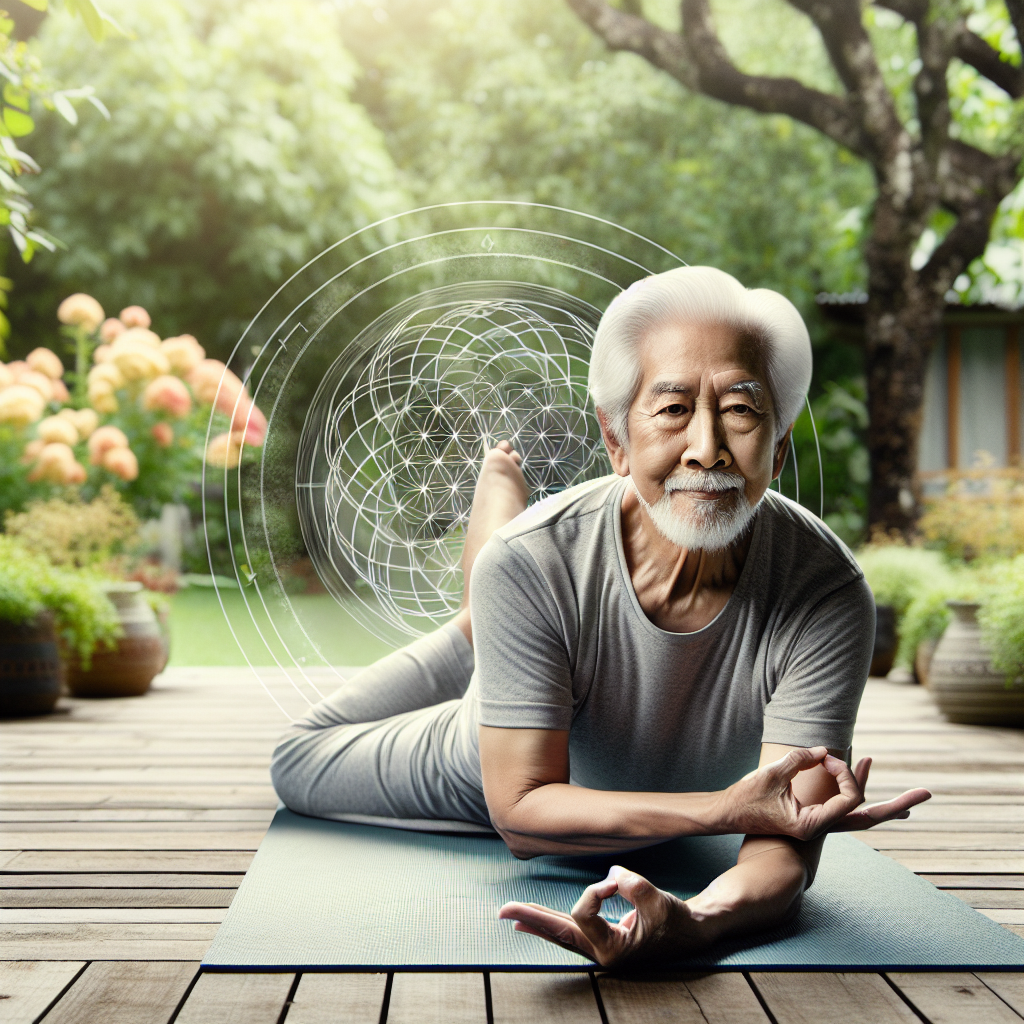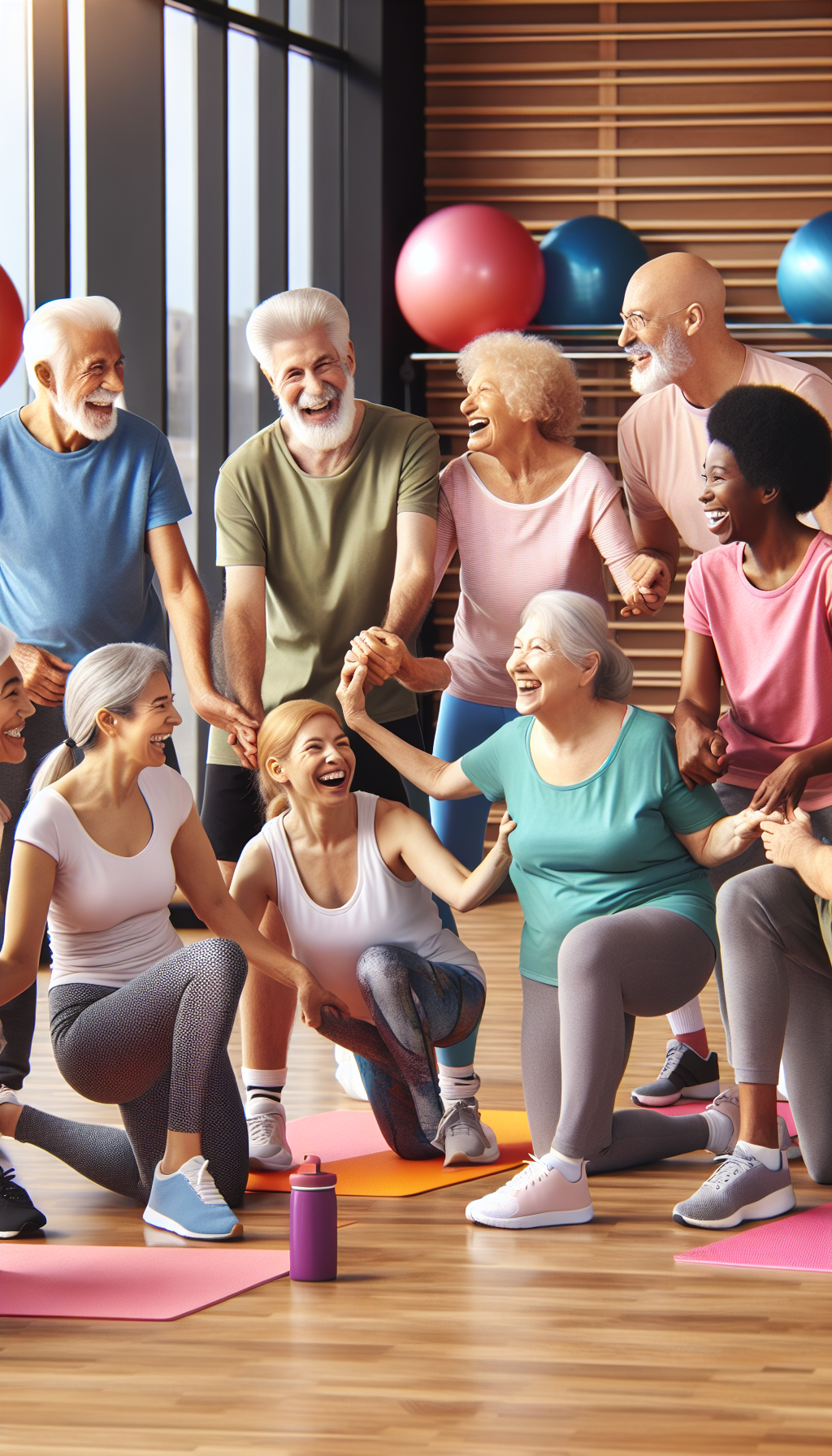As the years advance, the fear of cognitive decline becomes a prominent concern for many. However, recent studies and ongoing research suggest that an active lifestyle may be a key factor in maintaining a sharp and resilient mind well into our golden years. At Avix Health, we delve into the intricacies of how physical activity influences cognitive aging and offer insights into the mechanisms at play. This article aims to explore the role of physical activity in preserving cognitive function, drawing on scientific evidence and expert opinions to provide a comprehensive guide for those seeking to support their brain health as they age.
The Interplay Between Physical Fitness and Cognitive Function
The brain is an organ that thrives on being challenged and engaged, and physical exercise is one of the most potent stimulants for brain health. Engaging in regular physical activity not only benefits the body but also has profound impacts on cognitive function. As one exercises, the increased blood flow to the brain delivers oxygen and nutrients that are vital for the health of neurons, the nerve cells responsible for transmitting information throughout the body and brain.
Neurogenesis and the Aging Brain
One of the most remarkable benefits of physical activity is its ability to promote neurogenesis — the creation of new neurons in the brain. This process is particularly significant in the hippocampus, an area associated with memory and learning. Studies have shown that aerobic exercises, such as walking and swimming, can enhance neurogenesis, which may counteract the natural decline of brain cells that comes with aging.
Physical Activity and Neurotransmitter Balance
Exercise also plays a crucial role in maintaining a healthy balance of neurotransmitters, the chemicals that brain cells use to communicate. For example, physical activity increases levels of serotonin and norepinephrine, which can boost mood and cognitive clarity. Moreover, it stimulates the production of brain-derived neurotrophic factor (BDNF), a protein that supports the growth and survival of neurons, essential for learning and memory retention.
To understand more about neurotransmitter balance and brain function, consider reading about the role of aerobic exercises in enhancing neurotransmitter balance.
The Protective Shield: Exercise’s Role in Cognitive Aging
As we age, the protective shields that guard our cognitive functions from decline can weaken. Physical activity serves as a reinforcement for these shields, providing a robust defense against the effects of aging on the brain.
Mitigating Risk Factors for Cognitive Decline
Regular physical activity has been linked to a reduced risk of developing neurodegenerative diseases such as Alzheimer’s and Parkinson’s. By improving cardiovascular health, exercise reduces the risk of stroke, which can lead to cognitive impairment. Moreover, it helps manage blood pressure, cholesterol, and blood sugar levels, which are all risk factors for dementia.
For a deeper understanding of the connection between exercise and the brain, explore the impact of aerobic exercise on cognitive clarity and focus.
Cognitive Reserve: Building a Brain Bank
Cognitive reserve refers to the brain’s ability to improvise and find alternative pathways to complete tasks when the usual neural pathways are disrupted. Engaging in consistent physical activity throughout life contributes to building this cognitive reserve, which can be drawn upon in later years to maintain cognitive abilities despite age-related changes.
Exercise and Brain Plasticity
Brain plasticity, or neuroplasticity, is the brain’s ability to reorganize itself by forming new neural connections throughout life. Physical activity has been shown to enhance this plasticity, allowing the brain to adapt and rewire itself, which is crucial for learning new skills and coping with changes that come with aging.
For more insights into how exercise supports brain plasticity, read about the role of physical exercise in enhancing neurogenesis.
Implementing an Effective Physical Activity Regimen for Cognitive Aging
Starting or maintaining a regular exercise routine can be challenging, but the cognitive benefits are immense. Here are some tips to help incorporate physical activity into your lifestyle:
-
Choose Activities You Enjoy: Whether it’s dancing, swimming, or cycling, participating in activities you love will make it easier to stick to a routine.
-
Mix It Up: Combine aerobic exercises, strength training, and balance activities to engage different brain areas and promote overall brain health.
-
Set Realistic Goals: Begin with manageable goals and gradually increase the intensity and duration of your workouts to avoid injury and build endurance.
-
Stay Consistent: Aim for at least 150 minutes of moderate aerobic activity or 75 minutes of vigorous activity each week, as recommended by health experts.
-
Seek Social Support: Exercising with friends or in a group can provide motivation and make the experience more enjoyable.
-
Consult Health Professionals: Before starting any new exercise program, especially for those with pre-existing health conditions, it’s important to consult a healthcare provider.
External Resources for Further Exploration
To further support the points made in this article and provide additional high-quality information, here are some niche resources:
-
The National Institute on Aging: Offers comprehensive guides on physical activity and tips for older adults.
-
The American Academy of Neurology: Provides in-depth research articles on the link between exercise and cognitive function.
-
The Alzheimer’s Research & Prevention Foundation: Presents evidence on how fitness can prevent Alzheimer’s disease and improve brain health.
In conclusion, the evidence is clear: engaging in regular physical activity can have a profound impact on the brain’s health and its ability to function optimally as we age. By incorporating exercise into our daily routines, we not only enhance our physical well-being but also foster a stronger, more resilient mind capable of withstanding the challenges of cognitive aging.



